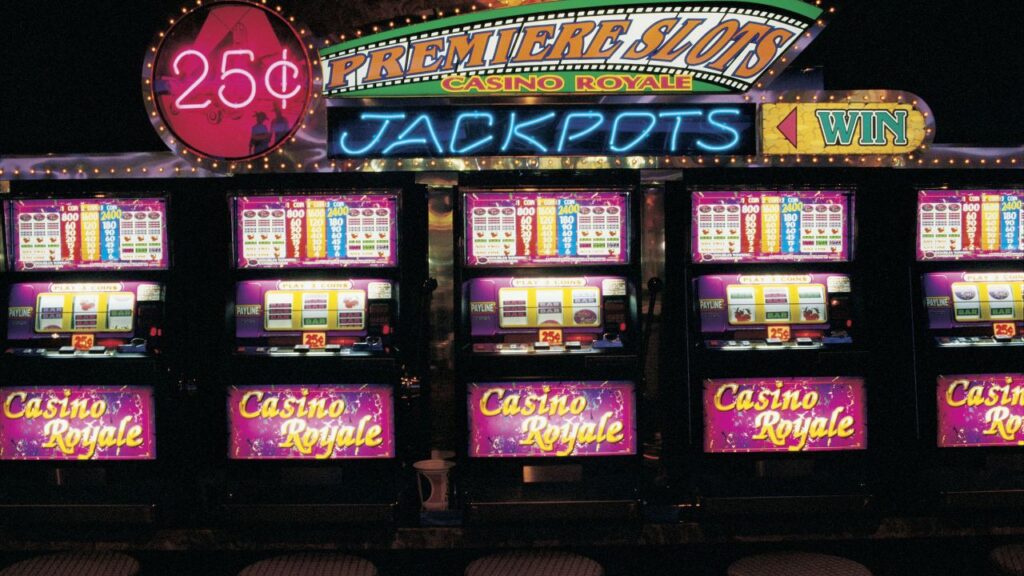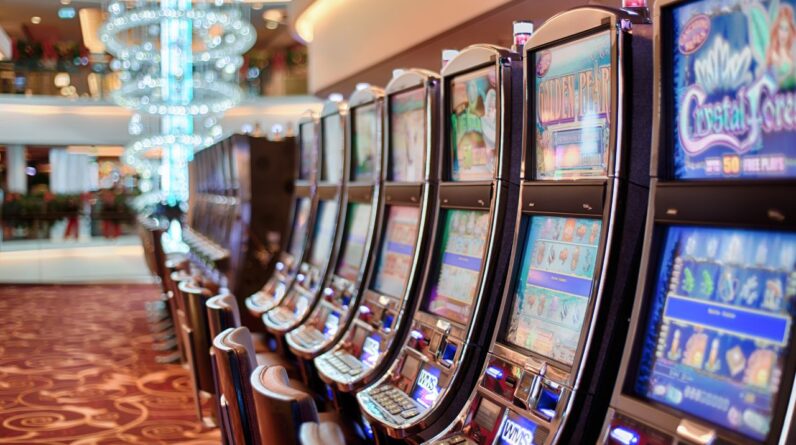
In recent years, there has been a noticeable reduction in the presence of slot machines on casino floors, prompting the question: why are casinos removing them? Several factors contribute to this trend, encompassing economic pressures, shifting industry dynamics, technological advancements, and regulatory influences. Despite this shift, players can still enjoy their favorite online slots through trusted platforms like Betiton.
Economic Considerations Driving Slot Machine Removal
The primary driver behind the removal of slot machines is economic. Once stalwarts of casino revenue, slot machines now face shrinking profit margins. As alternative attractions such as table games gain popularity, the financial viability of maintaining extensive slot inventories diminishes. Rising operational costs—from maintenance and electricity to floor space rental—further erode profitability, compelling casinos to rationalize their slot offerings.
Shifting Industry Trends and Player Preferences
The casino landscape is evolving, influenced by changing trends in player behavior. The advent of online gaming has revolutionized the gambling experience, offering unparalleled convenience and accessibility. This shift has reduced the demand for physical slot machines in brick-and-mortar establishments. Concurrently, the rising allure of interactive table games, with their strategic depth and social elements, has drawn more patrons away from traditional slots.
Impact of Technological Advancements
Technological progress plays a pivotal role in the fate of slot machines. Modern advancements have rendered older models obsolete, as players increasingly seek out more immersive and feature-rich gaming experiences. Newer slot machines boast high-definition displays, interactive bonus rounds, and advanced hardware, enticing a tech-savvy audience. Casinos must weigh the costs of upgrading or maintaining outdated machines against their potential return on investment, often opting to remove older models in favor of more lucrative options.
Legal and Regulatory Influences
Regulatory frameworks also shape decisions regarding slot machines in casinos. Gambling laws dictate licensing requirements and operational constraints, which can impact profitability. Changes in these regulations, including tax adjustments and restrictions on machine availability, can further influence casino operators’ choices to remove slot machines deemed economically unviable under new conditions.
Cultural and Societal Shifts
Beyond economic and regulatory factors, broader cultural and societal shifts also contribute to the decline of slot machines. Millennials and Generation Z, key demographics for casinos’ future growth, show less interest in traditional gambling forms like slot machines. They prefer more interactive and skill-based games or are drawn to digital alternatives offered by online platforms.
Environmental Sustainability
An emerging consideration in casino operations is environmental sustainability. Slot machines consume significant energy and resources, contributing to a casino’s carbon footprint. As businesses increasingly prioritize sustainability initiatives, reducing energy consumption and environmental impact becomes a factor in deciding whether to maintain or remove slot machines from casino floors.
Conclusion
In conclusion, the decline of slot machines on casino floors reflects a multifaceted interplay of economic realities, shifting industry preferences, technological advancements, regulatory pressures, cultural shifts, and environmental considerations. While traditional slot machines may be receding, the evolution of the gambling industry continues to provide diverse opportunities for players, including the accessibility of online slots on platforms like Betiton. As casinos adapt to these dynamics, they strive to balance profitability with meeting the evolving demands of their clientele in an increasingly digital and environmentally conscious age.





